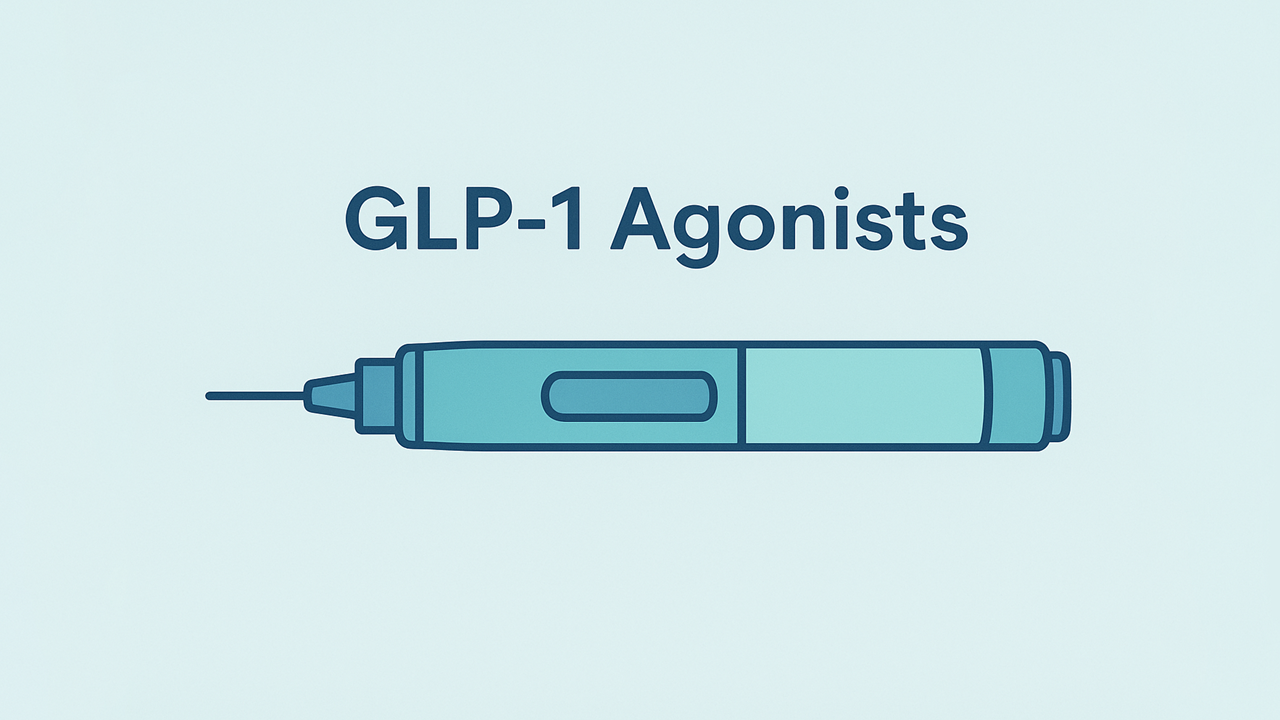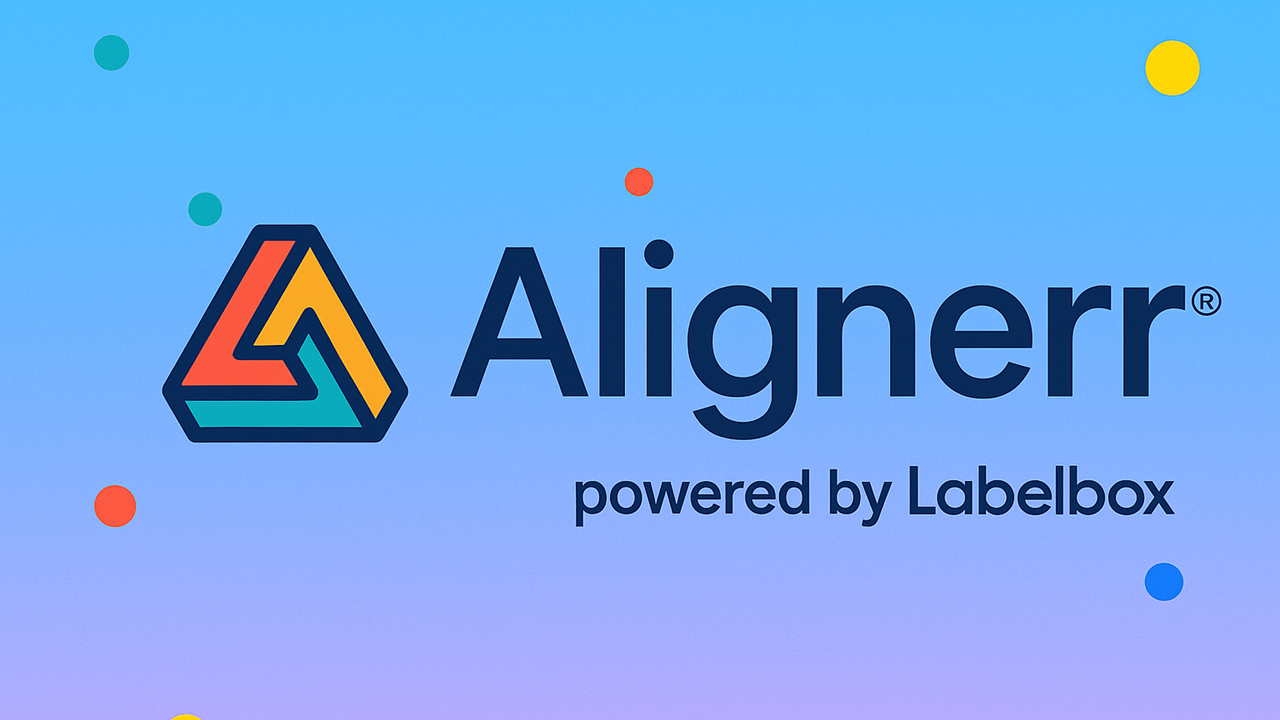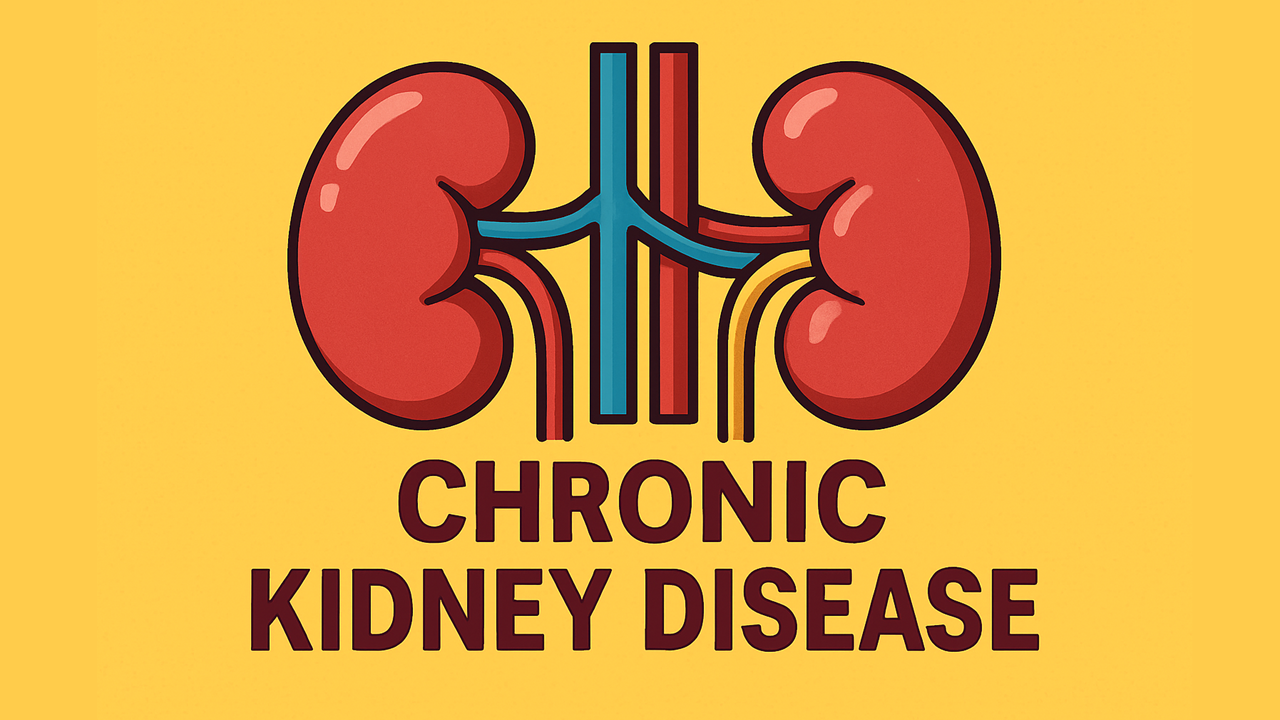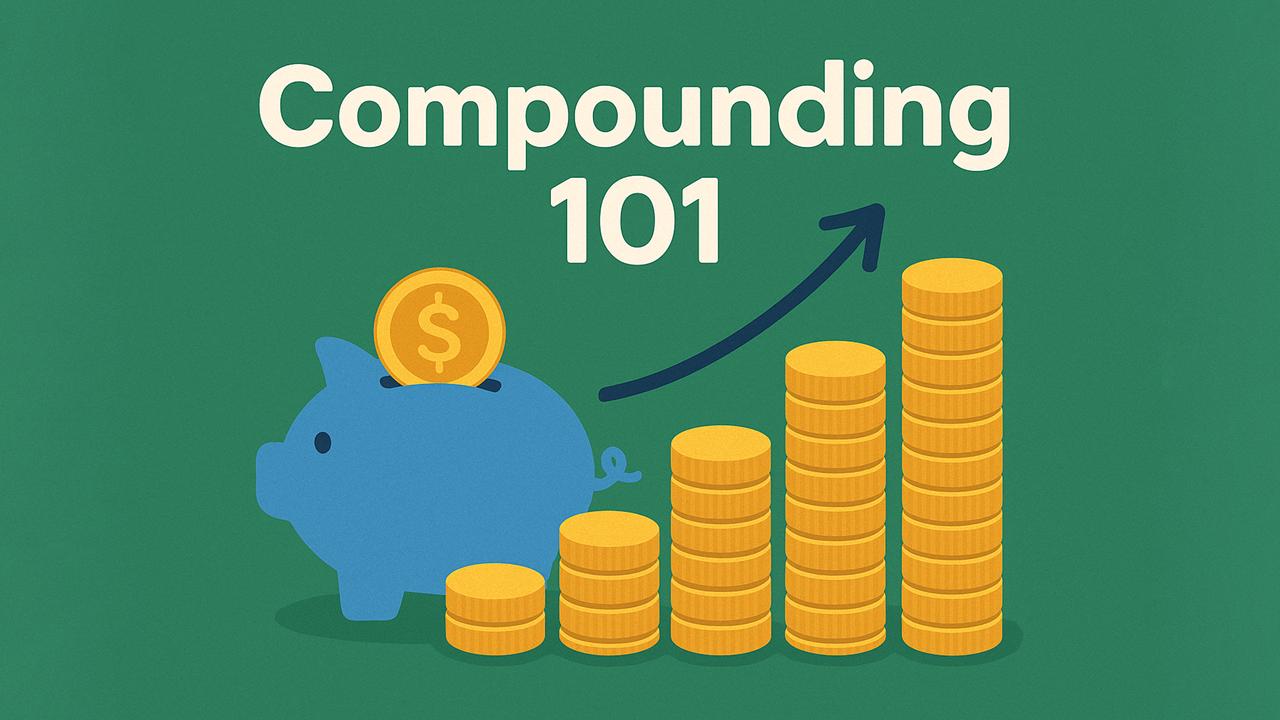Research-Backed Supplements for Treating IBS
What Is IBS?
IBS is fundamentally a functional gastrointestinal disorder. This means tests like colonoscopies or imaging scans usually won’t show any visible damage or structural problems in the bowel, despite patients experiencing very real pain and discomfort [3]. The key symptoms revolve around abdominal pain that improves after a bowel movement, coupled with significant changes in frequency or appearance of stool.
Some people with IBS struggle with near-constant constipation, passing stools less often than normal and only with significant straining [4]. Others find themselves running to the bathroom with frequent diarrhea—a type of IBS that can be equally disabling if you’re worried about accidents or urgency. And many patients cycle between both extremes (IBS-M, or mixed IBS), making it tricky to manage.
While medical professionals still debate the exact cause, many suggest brain-gut dysregulation is central to IBS. The nerves in the gut might be hypersensitive, reacting to mild triggers as if they were major threats [5]. Stress can amplify the gut’s responses, leading to cramping, gas, or drastically altered bowel movements. Additionally, certain dietary components—particularly those high in fermentable carbs (like in the FODMAP diet)—might provoke IBS symptoms, though individual triggers vary.
Currently, there’s no universal cure for IBS. Instead, treatments focus on addressing specific symptoms. This often includes modifications to eating habits, stress reduction techniques such as cognitive behavioral therapy, and medications or supplements targeting constipation, diarrhea, or pain. As we’ll see, several over-the-counter supplements can help improve comfort and digestive function in IBS, either across the board or specifically for diarrhea or constipation subtypes [6].
Helpful Supplements for IBS
While IBS treatments can include prescription medications, many patients explore OTC supplements to gain relief. These supplements target various aspects of IBS, from soothing gut spasms to supporting the gut microbiome. We’ll break them down by general supplements for any IBS, then supplements more specific for IBS-D and IBS-C.
General IBS Supplements
Peppermint Oil
Peppermint oil is one of the most widely recommended supplements for IBS overall [7]. Its active compound, menthol, can calm intestinal muscle spasms and reduce abdominal pain. Enteric-coated capsules ensure the peppermint is released in the intestines (not the stomach), minimizing potential heartburn. Research consistently shows peppermint oil can ease discomfort and bloating across different IBS subtypes [8]. Some experts suggest one to two enteric-coated capsules before meals for best effect.
Probiotics
Probiotics—beneficial bacteria—help rebalance the gut microbiome, which may be unbalanced in IBS [9]. Many RCTs show that probiotic strains like Lactobacillus or Bifidobacterium reduce gas, bloating, and irregular bowel movements [10]. Exact effectiveness differs from person to person, but a quality probiotic (around 10–20 billion CFUs daily) over 4–8 weeks often yields improved overall symptoms [11]. Some try multi-strain blends; others prefer single specialized strains. Consistency is key: daily intake for a few weeks is needed to see noticeable benefits.
IBS-D (Diarrhea-Predominant) Supplements
L-Glutamine
L-Glutamine is an amino acid essential for maintaining a healthy intestinal lining [12]. It may reduce diarrhea by repairing a “leaky” gut barrier, a factor in IBS-D. Studies suggest that 5 grams taken three times a day can help IBS-D patients experience fewer watery stools and less urgency [13]. Evidence indicates it can tighten the junctions between gut cells, limiting excessive fluid loss.
Berberine
Berberine is a plant compound with anti-inflammatory and antimicrobial properties [14]. For diarrhea-predominant IBS, berberine can slow intestinal transit and decrease frequent bowel movements. Typically, 400 mg twice daily is cited in studies to manage IBS-D episodes [15]. While it has a strong record as an anti-diarrheal, talk to a healthcare provider if you take other meds, as berberine may interact.
IBS-C (Constipation-Predominant) Supplements
Psyllium Husk
Psyllium husk is a soluble fiber that swells with water, softening stools and boosting regularity [16]. In IBS-C, it helps reduce straining and can reduce bloating if increased gradually. Research confirms psyllium is superior to insoluble fiber (e.g., wheat bran) for IBS [17]. Starting with around 5 grams daily, then moving up to 10–15 grams, is commonly advised. Drink plenty of water to avoid potential bloating.
Magnesium
Magnesium, especially in forms like magnesium citrate, can promote better bowel movements in IBS-C [18]. It attracts water into the colon, softening stools and easing passage. For most, 200–400 mg of elemental magnesium daily is sufficient to help with constipation [19]. Going too high may lead to unwanted diarrhea, so it’s a matter of fine-tuning dosage.
Additional Insights and Tips
Managing IBS often requires a multi-pronged strategy. While supplements can make a big difference, it’s important to also watch your diet, identify personal food triggers, and manage stress to keep your symptoms in check. Some patients find a low-FODMAP approach helps reduce gas and bloating, which then allows certain supplements (like probiotics or peppermint oil) to work even more effectively [20].
Additionally, avoid going overboard with too many new supplements at once—it can muddle your understanding of which product is actually helping. Introduce them one at a time, track your symptoms, and see if it complements your overall routine. And of course, do consult a healthcare provider, especially if you have other conditions or take multiple meds that might interact [21].
Ultimately, IBS relief rarely comes from a single pill or formula. Supplements like peppermint oil, probiotics, or magnesium become most powerful when blended with a thoughtful diet, mindful stress management, and good gut care. By pairing these strategies with the right over-the-counter products, you give your digestive system the best chance to find balance and stay calm day to day.
References
Camilleri, M. (2021). Review article: biomarkers and personalised therapy in IBS. Alimentary Pharmacology & Therapeutics, 53(6), 654–664.
Ford, A. C., & Lacy, B. E. (2020). Harris LA: Systematic Review of IBS Treatments. American Journal of Gastroenterology, 115(1), 10–20.
Moayyedi, P., et al. (2019). The efficacy of probiotics in IBS: A meta-analysis of randomized, controlled trials. Gastroenterology, 157(1), 97–108.
Ringel, Y., et al. (2021). Role of the microbiome in IBS. Digestive Diseases, 39(3), 215–225.
Zhou, Q., & Verne, G. N. (2019). New insights into visceral hypersensitivity—IBS. Nature Reviews Gastroenterology & Hepatology, 16(9), 591–605.
Lacy, B. E., et al. (2021). Management of IBS: guidelines from the American College of Gastroenterology. American Journal of Gastroenterology, 116(1), 17–44.
Cash, B. D., & Rao, T. (2021). Peppermint oil for functional GI disorders. Journal of Clinical Gastroenterology, 55(7), 558–563.
Khanna, R., & MacDonald, J. K. (2016). Peppermint oil for IBS: A systematic review. BMJ Open Gastro, 3(1), e000052.
Piche, T., & Gonthier, C. (2017). Efficacy of Lactobacillus in IBS: A multicenter RCT. Clinical Gastroenterology and Hepatology, 15(10), 1567–1575.
Hungin, A. P., Mulligan, C., Pot, B., Whorwell, P., & Tönnies, H. (2018). Systematic review: probiotics in IBS. Alimentary Pharmacology & Therapeutics, 48(10), 1044–1060.
Santos, J., et al. (2020). Glutamine’s role in IBS. Neurogastroenterology & Motility, 32(6), e13774.
Zhou, Q., Zhang, B., et al. (2020). Berberine for IBS management: A pilot trial. Journal of Gastroenterology, 55(5), 549–556.
Tack, J., et al. (2021). Psyllium supplementation for functional constipation. United European Gastroenterology Journal, 9(3), 303–312.
Rao, S. S. C., & Camilleri, M. (2022). Magnesium in IBS-C: A narrative review. Clinical Gastroenterology and Hepatology, 20(2), 111–122.
Varjú, P., et al. (2021). Low-FODMAP diet and IBS: evidence-based approach. Nutrients, 13(7), 2540.
Krymchantowski, A. V., & Diniz, G. (2019). The effect of magnesium on anxiety in IBS. Neuropsychiatric Disease and Treatment, 15, 89–96.
Böhn, L., Störsrud, S., Törnblom, H., & Simrén, M. (2015). Low-FODMAP vs normal diet in IBS. Gastroenterology, 149(6), 1399–1407.
Longstreth, G. F., Thompson, W. G., Chey, W. D., Houghton, L. A., Mearin, F., & Spiller, R. C. (2006). Functional bowel disorders. Gastroenterology, 130(5), 1480–1491.
Harris, L. A., et al. (2020). Over-the-counter supplements in IBS management. Digestive and Liver Disease, 52(4), 426–432.
Moayyedi, P., et al. (2021). IBS pathophysiology: a modern overview. Gut, 70(12), 2221–2232.
Sinagra, E., Pompei, G., Tomasello, G., Rossi, F., & Carini, F. (2017). Interactions of IBS treatments with other drugs. Pharmacology & Therapeutics, 175, 133–141.






























